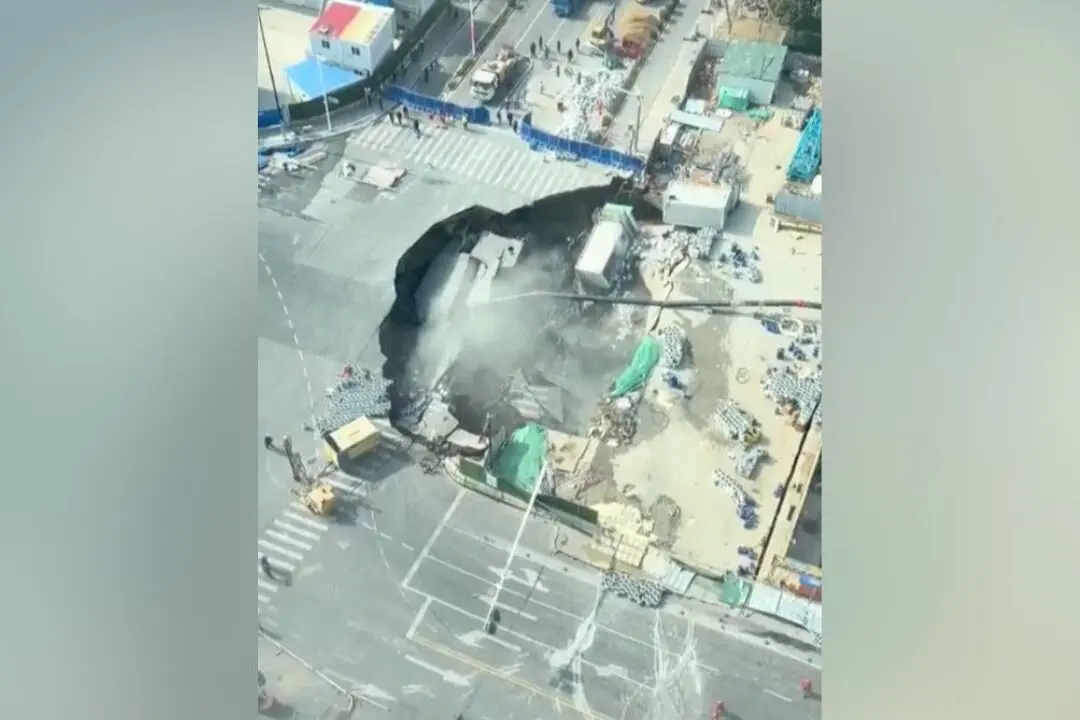Taiwan lost one of its remaining diplomatic partners to China just two days after its presidential and parliamentary elections, a move that Taipei said was orchestrated by the regime in Beijing to attack its democracy.
Nauru has severed diplomatic relations with Taiwan as of Jan. 15 and will “no longer develop any official relations or official exchanges with Taiwan,” the government of Nauru wrote in a Jan. 15 Facebook post. The small Pacific Island nation of 13,000 people will seek to switch its diplomatic allegiance to the communist regime in China, according to the statement.




